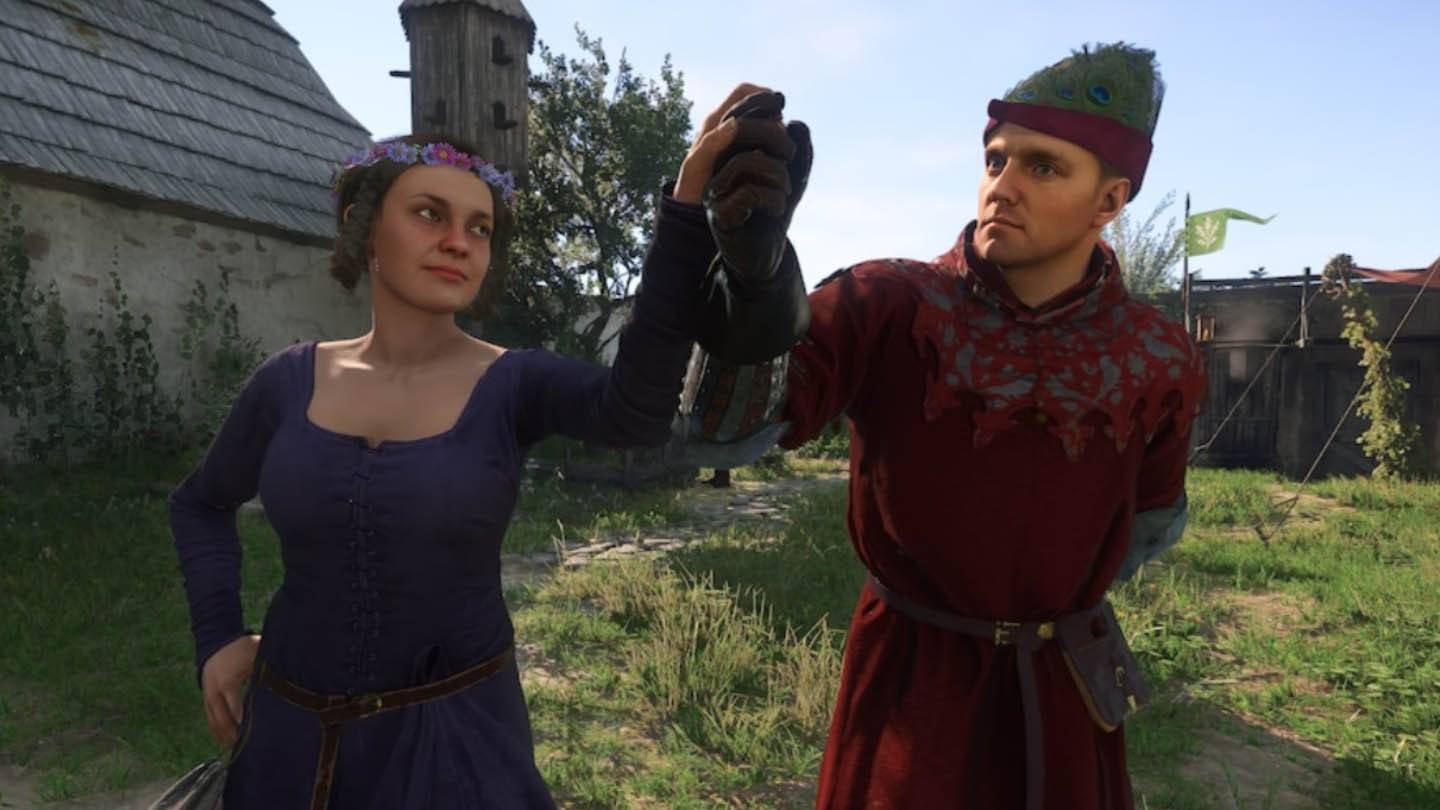Balatro developer Local Thunk recently shared a fascinating development history on their personal blog, revealing a surprising detail: despite creating a roguelike deck-builder, they avoided playing most roguelikes during development—except for one.
In a December 2021 blog post, Local Thunk explained their deliberate decision to abstain from playing other roguelikes. This wasn't about creating a superior game, but rather about embracing the joy of experimental game design as a hobby. They wanted the freedom to make mistakes, reinvent the wheel, and avoid simply borrowing established designs. This approach, while potentially leading to a less polished final product, aligned with their personal enjoyment of the creative process.
However, a year and a half later, this self-imposed rule was broken. Local Thunk downloaded Slay the Spire. Their reaction? "Holy shit," they wrote, "now that is a game." The reason? They were troubleshooting controller implementation in their own game and wanted to see how Slay the Spire handled card game controls. They admit to being immediately captivated, thankfully avoiding it until that point to prevent unintentional design mimicry.
Local Thunk's post-mortem is filled with other intriguing anecdotes. For instance, the game's initial working folder was named "CardGame" and remained unchanged throughout development. The game also had a working title, "Joker Poker," for a significant portion of its development cycle.
Several scrapped features are also detailed, including: a system where card upgrades were the only upgrade path, similar to Super Auto Pets; a separate currency for rerolls; and a "golden seal" mechanic that returned played cards to the hand after skipping blinds.
The number of Jokers in the final game, 150, is also explained. It stemmed from a miscommunication with publisher Playstack. Local Thunk initially planned for 120 Jokers, but a later discussion with Playstack resulted in a change to 150, a number they ultimately preferred.
Finally, the origin of the name "Local Thunk" is revealed as a programming joke stemming from a conversation with their partner learning R programming. The combination of Lua's "local" keyword and their partner's suggested variable name, "thunk," led to the creation of their developer handle.
Local Thunk's blog post offers a wealth of additional insights into Balatro's development. IGN, which gave Balatro a 9/10 rating ("A deck-builder of endlessly satisfying proportions…"), highly recommends reading the full post (link omitted).














